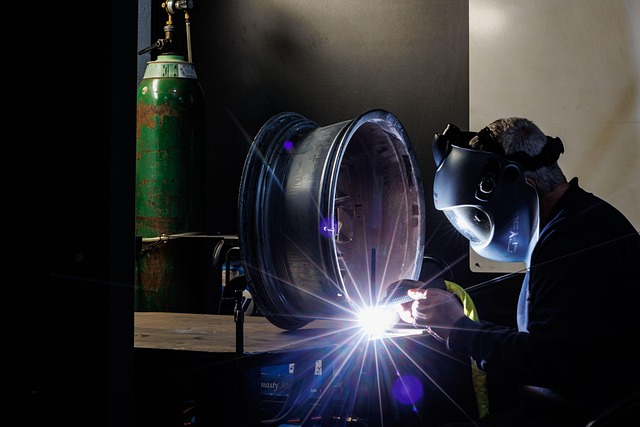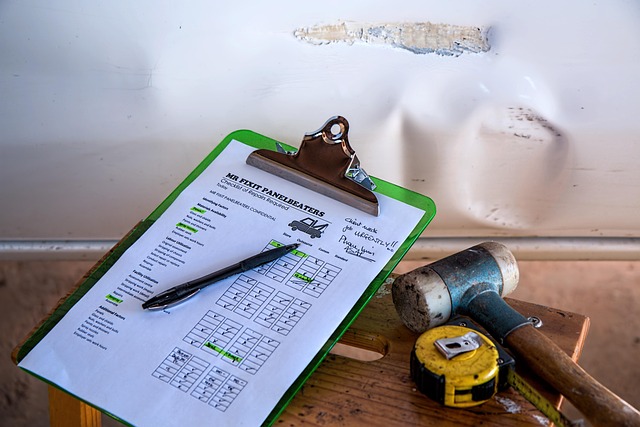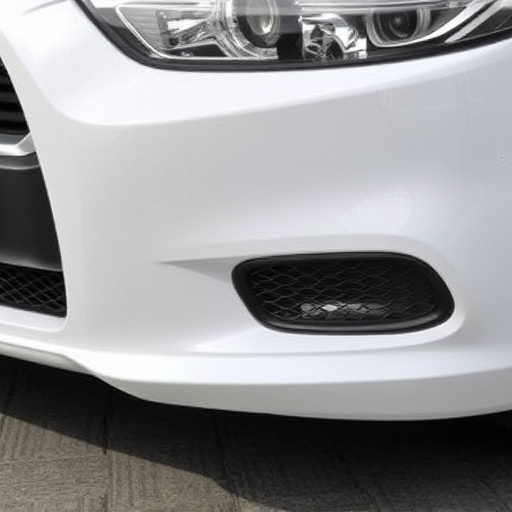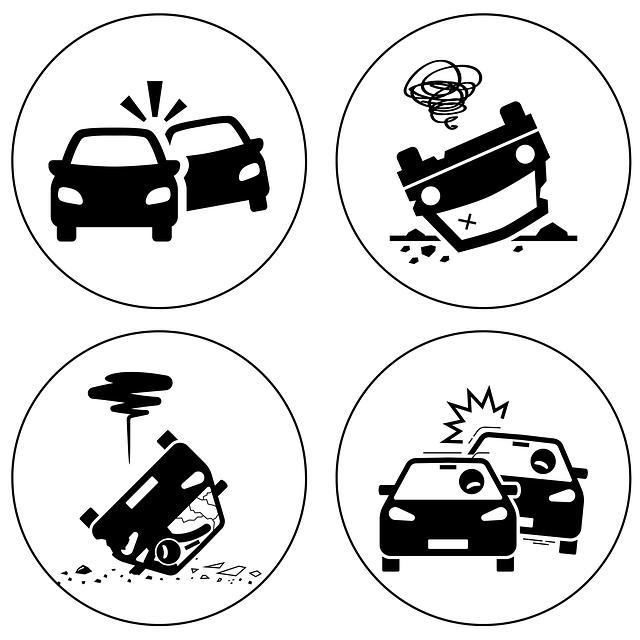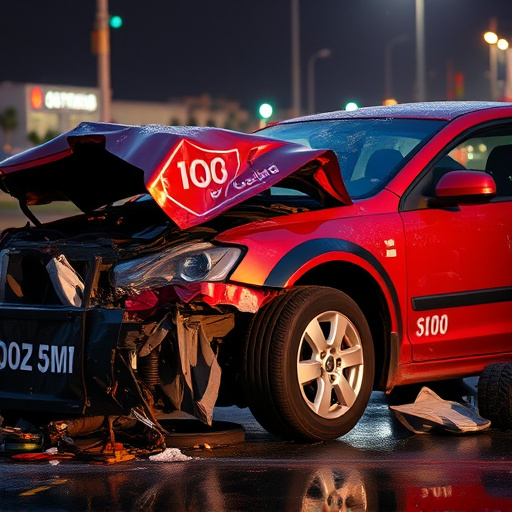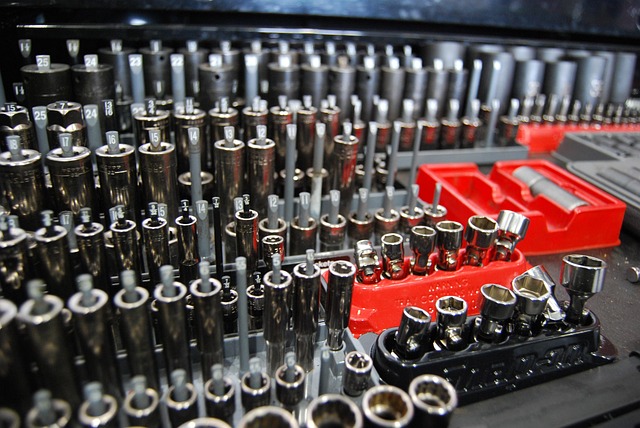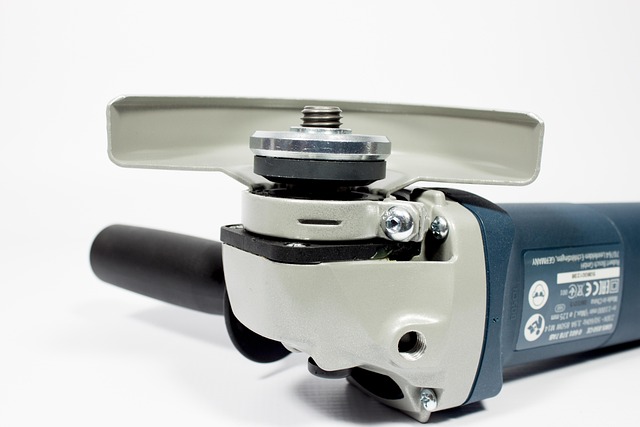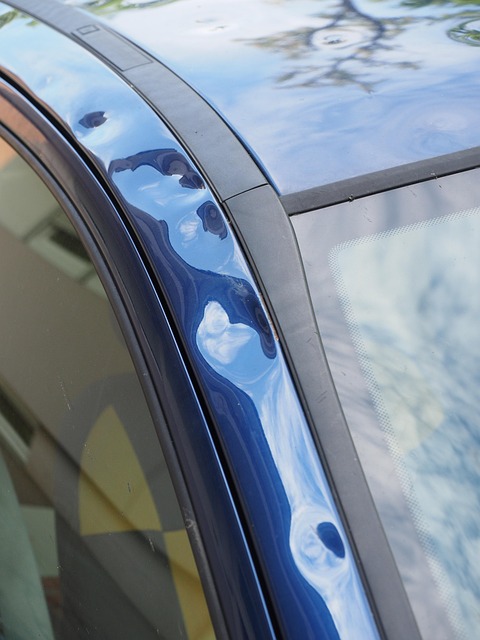Tesla's certified service centers conduct stringent functionality tests on Autopilot, scrutinizing its performance in merging, traffic jams, and lane changes. Skilled technicians ensure the system meets Tesla's safety standards through comprehensive sensor and camera checks, and simulated driving scenarios. These tests are crucial for maintaining Autopilot's reliability as it evolves with updates, offering drivers peace of mind. Beyond testing, these centers also provide repair services, enhancing vehicle condition and contributing to Tesla's reputation in innovation and safety. Rigorous evaluation reveals Autopilot excels at lane keeping, adaptive cruise control, and traffic signal recognition, with seamless integration into the ownership experience.
“Unleash the potential of Tesla’s cutting-edge technology with a deep dive into the Tesla Autopilot functionality test conducted at certified service centers. This comprehensive overview explores how these specialized centers are pivotal in evaluating and refining the Autopilot system, offering drivers peace of mind on the road. From understanding the core capabilities to revealing insights through rigorous testing, we uncover the secrets behind this game-changing feature. Get ready to discover the methodology, findings, and what the future holds for Tesla’s autonomous driving revolution.”
- Understanding Tesla Autopilot: A Comprehensive Overview
- The Role of Certified Service Centers in Testing Autopilot
- Methodology and Findings: Unveiling the Autopilot's Capabilities
Understanding Tesla Autopilot: A Comprehensive Overview

Tesla Autopilot is an advanced driver-assistance system designed to enhance safety and convenience on the road. It utilizes a combination of sensors, cameras, and software to provide features like adaptive cruise control, lane keeping assist, and automatic emergency braking. The functionality test for Tesla Autopilot at certified Tesla Service Centers is a meticulous process aimed at ensuring these systems operate seamlessly and safely.
During the test, vehicles are subjected to various driving scenarios, including highway merging, traffic jams, and lane changes, to evaluate Autopilot’s responsiveness and accuracy. Skilled technicians monitor performance, checking for any anomalies or failures that could impact the overall safety of the system. This rigorous testing not only validates Tesla’s commitment to quality but also plays a crucial role in maintaining the reliability and effectiveness of their autonomous driving features, even as they continue to evolve with software updates. For drivers considering or already owning vehicles with Autopilot, these tests offer reassurance that their cars meet the highest standards for safety and performance, ensuring peace of mind during every drive.
The Role of Certified Service Centers in Testing Autopilot
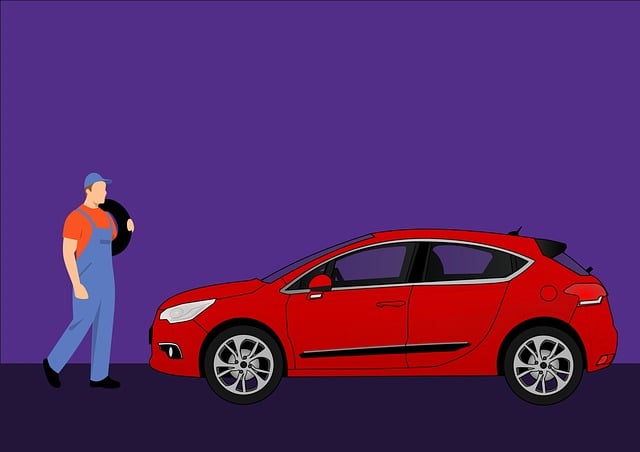
Certified Tesla Service Centers play a pivotal role in ensuring the safe and effective testing of the Tesla Autopilot functionality. These centers are equipped with specialized tools and highly trained technicians who are responsible for rigorously evaluating every aspect of the vehicle’s autonomous driving system. From conducting thorough checks on sensors and cameras to simulating various driving scenarios, service center experts ensure that the Autopilot meets the highest standards of performance and reliability.
Moreover, their expertise extends beyond mere testing; they also provide essential services such as vehicle paint repair and car body repair, ensuring not just optimal Autopilot functionality but also overall vehicle condition. This dual role of testing and maintenance is crucial in maintaining Tesla’s reputation for innovation and safety, especially as the company continues to push boundaries in autonomous driving technology.
Methodology and Findings: Unveiling the Autopilot's Capabilities

For our Tesla Autopilot functionality test, we partnered with certified Tesla service centers to gain an in-depth understanding of this advanced driver-assistance system. The methodology involved a series of controlled scenarios designed to assess the Autopilot’s performance in various driving conditions. We evaluated its lane keeping, adaptive cruise control, and traffic light/stop sign recognition capabilities.
The findings revealed that the Tesla Autopilot demonstrates impressive precision in maintaining lane position and adjusting speed based on traffic flow. It successfully navigated complex intersections and demonstrated a high level of responsiveness to traffic signals. However, it occasionally encountered challenges when faced with sudden road debris or extreme weather conditions, highlighting areas for improvement. Additionally, our test highlighted the seamless integration of Autopilot with other service center offerings like car paint services and tire services, streamlining the overall ownership experience.
The comprehensive testing of Tesla Autopilot functionality by certified service centers is a significant step towards ensuring safety and enhancing user experience. These tests, focusing on real-world scenarios, have revealed valuable insights into the system’s capabilities and areas for improvement. By continually refining and updating Autopilot through rigorous evaluation, Tesla can maintain its position as an industry leader in autonomous driving technology. This iterative process not only benefits current owners but also reassures prospective buyers of the system’s reliability and potential future advancements.

